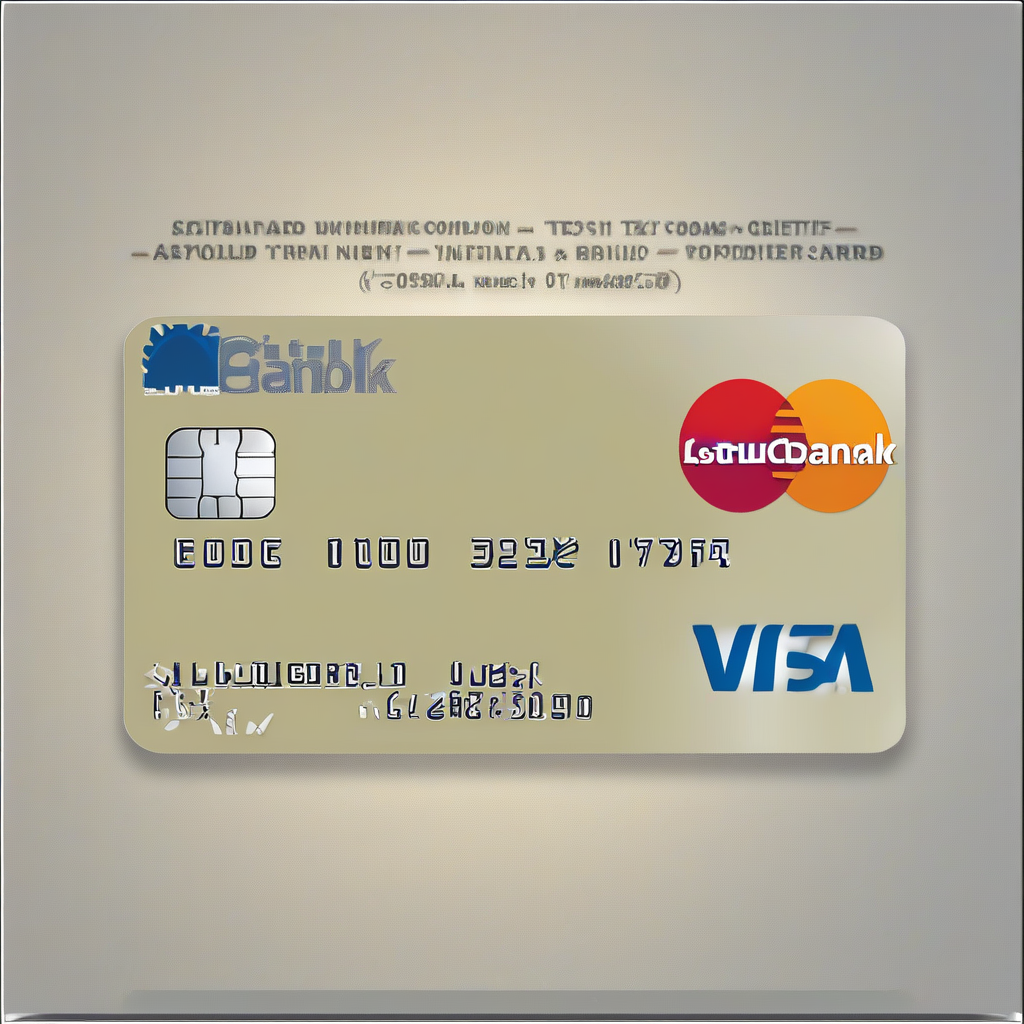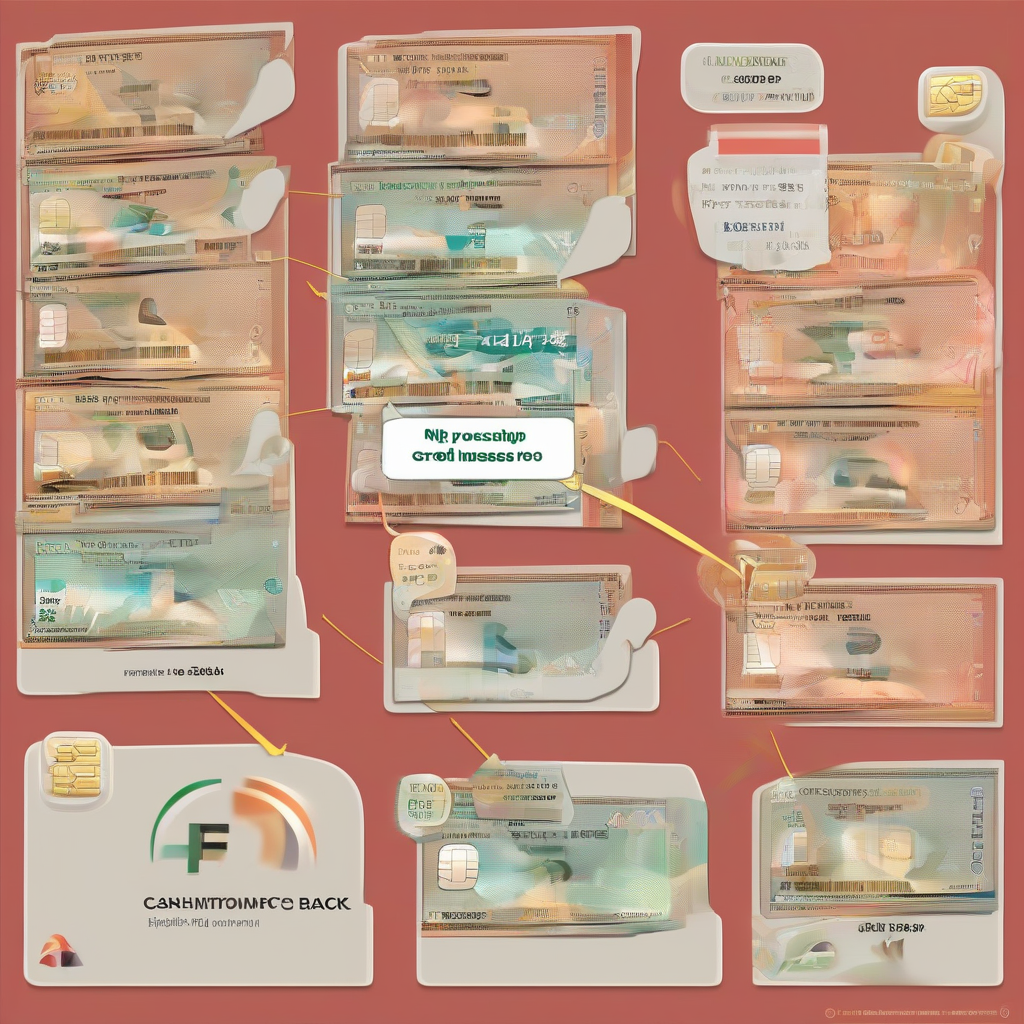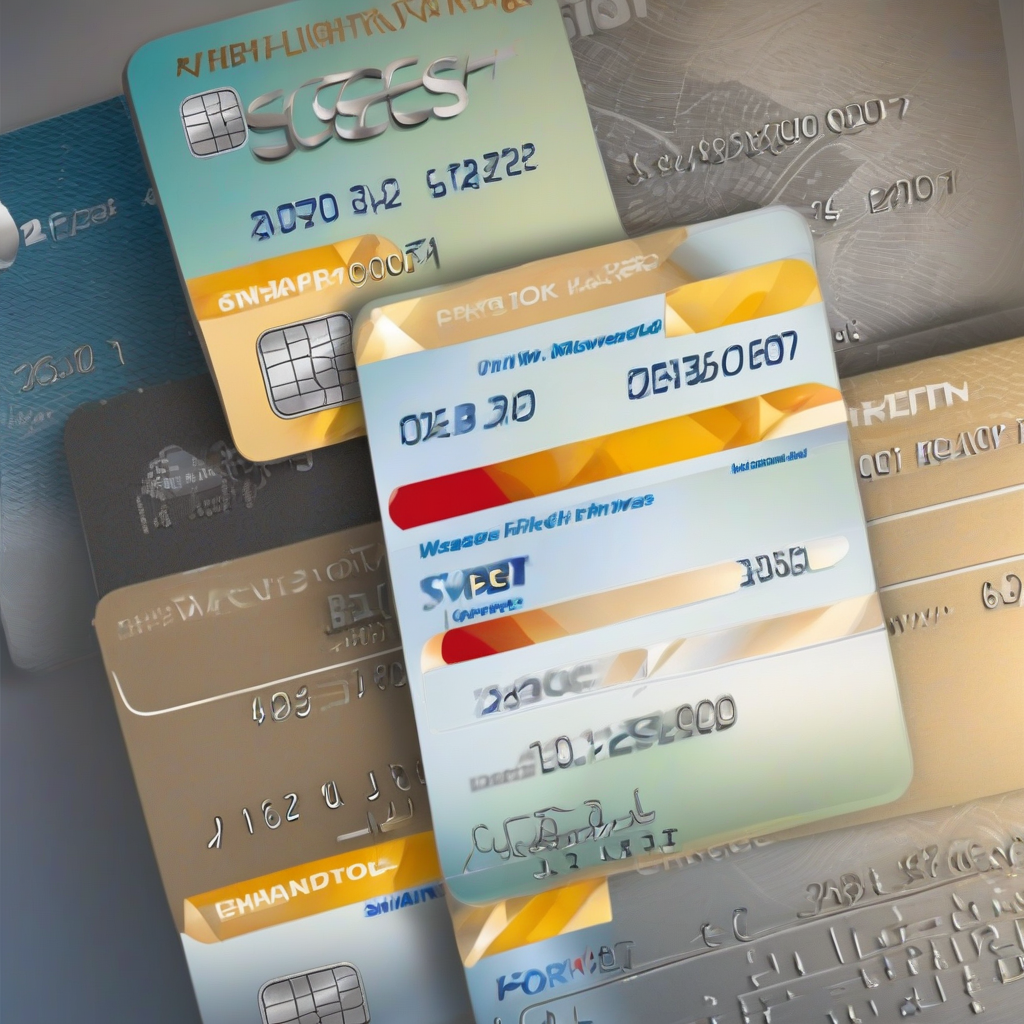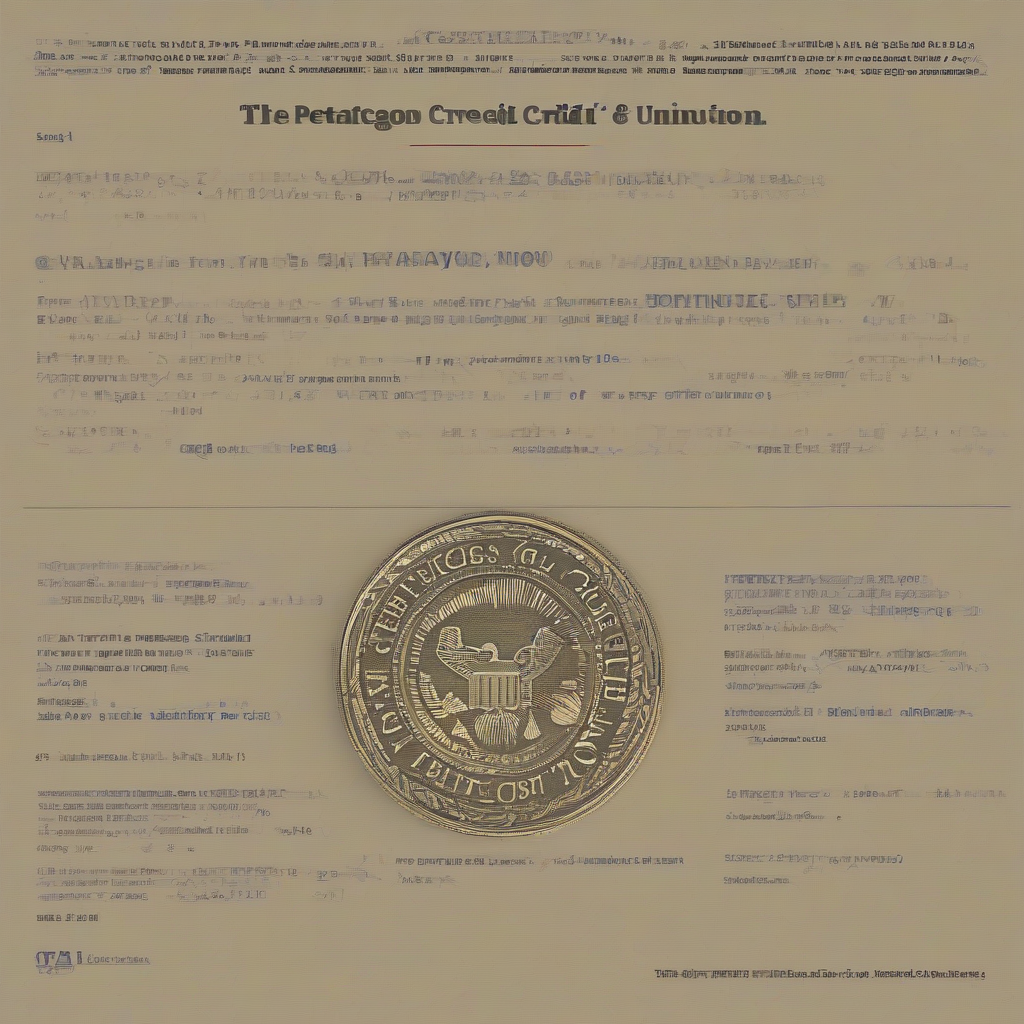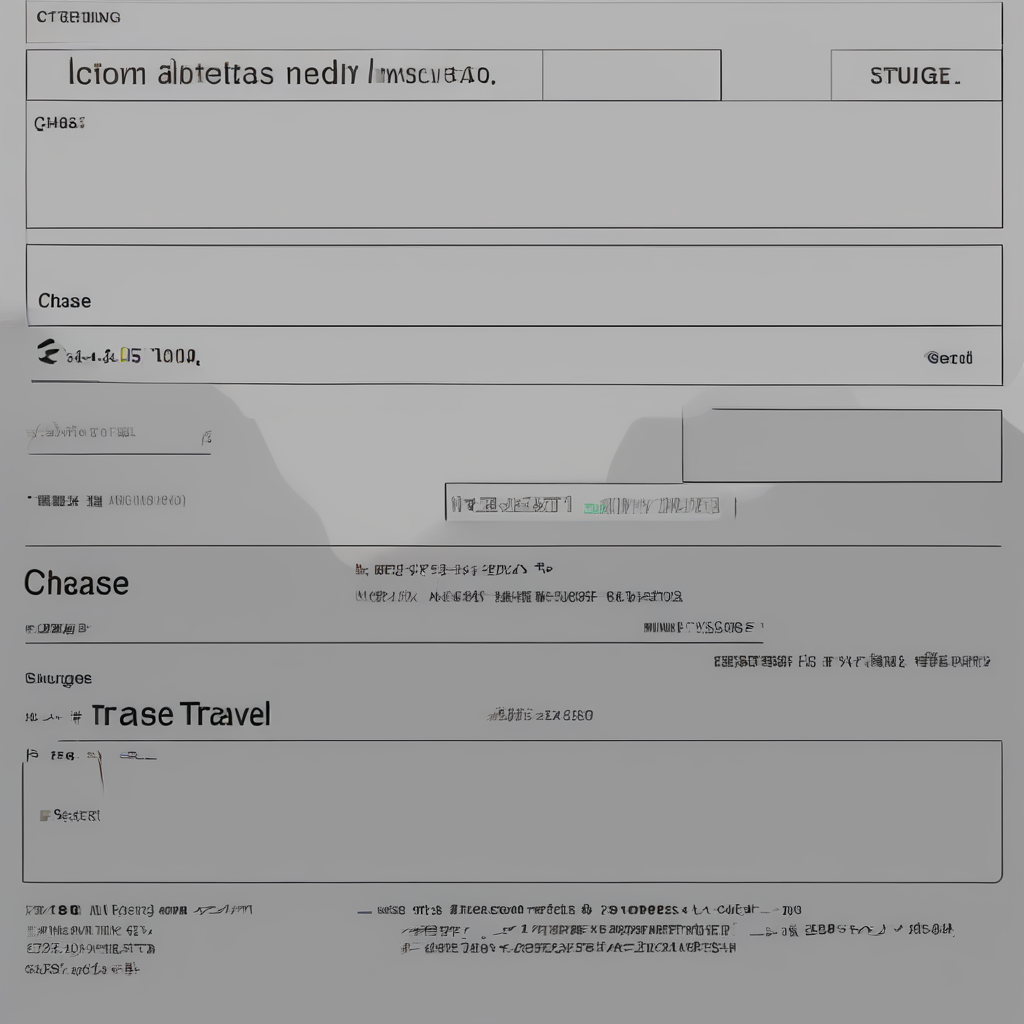Credit Card Consolidation Loans: A Guide to Lowering Your Debt
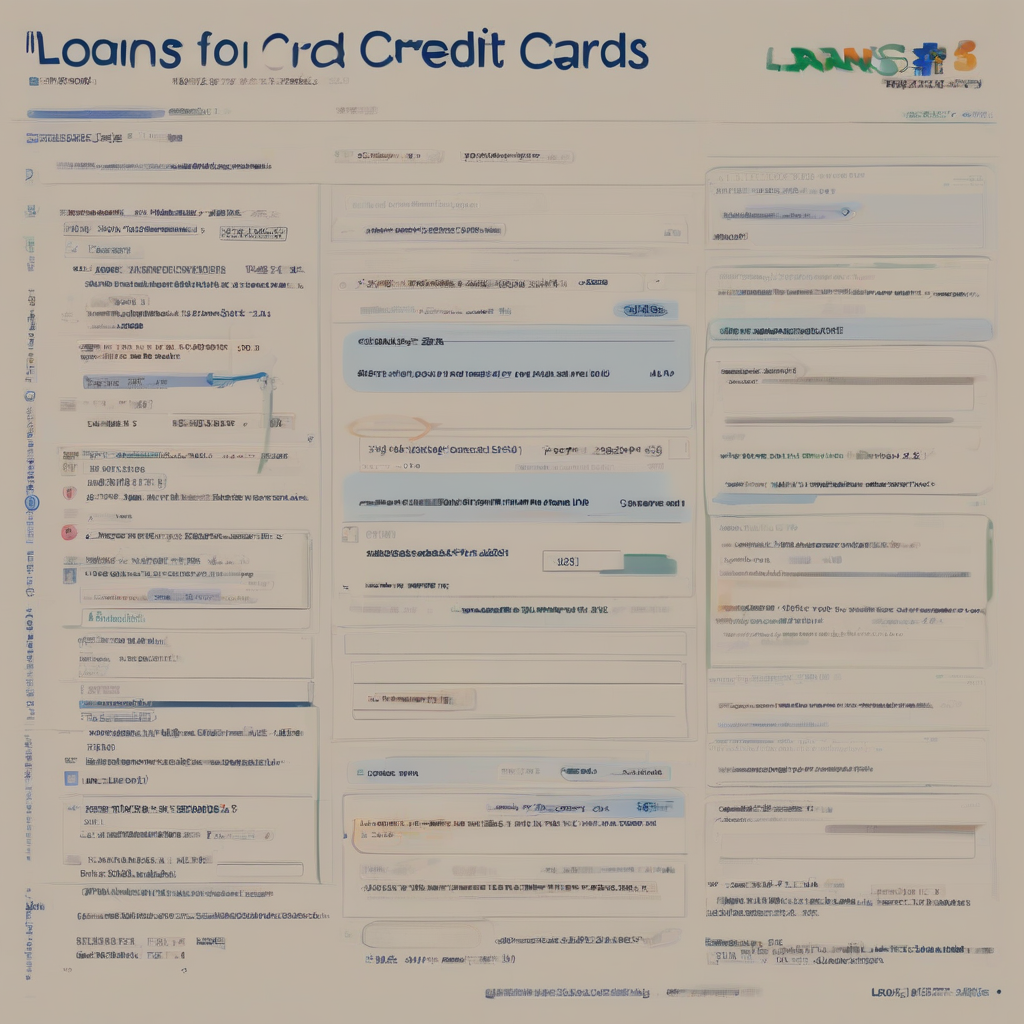
Credit Card Consolidation Loans: A Guide to Lowering Your Debt
Credit card debt can be a significant burden, leading to high interest charges and financial stress. If you're struggling to manage your credit card balances, a consolidation loan might be a viable solution. This type of loan allows you to combine multiple credit card debts into a single, larger loan with potentially lower interest rates and a fixed repayment period. This can simplify your finances, reduce your monthly payments, and help you pay off your debt faster.
What is a Credit Card Consolidation Loan?
A credit card consolidation loan is a personal loan designed specifically to pay off outstanding credit card balances. You borrow a lump sum of money from a lender, typically a bank, credit union, or online lender, and use it to pay off all your existing credit cards. This essentially replaces your existing debts with a single loan, making it easier to track and manage.
How Does a Credit Card Consolidation Loan Work?
The process of obtaining a credit card consolidation loan is relatively straightforward. Here's a general overview:
- Apply for a loan: You'll need to provide information about your income, debt, and credit history to potential lenders. You can apply online, over the phone, or in person.
- Get approved and receive funds: Once approved, the lender will deposit the loan amount into your account. You'll then use these funds to pay off your credit card balances.
- Make monthly payments: You'll start making regular monthly payments to the lender based on the terms of your loan agreement. These payments will typically be lower than your combined credit card payments, allowing you to save money and get out of debt faster.
Benefits of Credit Card Consolidation Loans
Credit card consolidation loans offer several advantages, including:
- Lower interest rates: Consolidation loans often have lower interest rates than credit cards, especially if you have good credit. This can significantly reduce your overall interest charges and help you save money.
- Simplified payments: Instead of making multiple payments to different credit card companies, you'll only have one monthly payment to your consolidation loan lender. This simplifies your finances and makes budgeting easier.
- Fixed repayment term: Consolidation loans typically come with a fixed repayment term, giving you a clear understanding of how long it will take to pay off your debt. This can help you plan your finances and avoid unexpected surprises.
- Improved credit utilization: By paying off your credit cards, you'll reduce your credit utilization ratio, which is the amount of credit you're using compared to your available credit limit. A lower credit utilization ratio can improve your credit score.
- Potential for debt consolidation: You can use a consolidation loan to combine other types of debt, such as personal loans, medical bills, or student loans, along with your credit card balances. This can streamline your debt management process.
Drawbacks of Credit Card Consolidation Loans
While consolidation loans can be beneficial, there are some potential downsides to consider:
- Higher overall interest charges: If you don't qualify for a significantly lower interest rate, you might end up paying more interest over the life of the loan compared to paying down your credit cards individually.
- Potential for more debt: If you continue using your credit cards after consolidating your debt, you could end up accumulating more debt than you originally had, negating the benefits of consolidation.
- Fees and penalties: Some lenders charge origination fees, prepayment penalties, or late payment fees. It's important to understand all associated costs before taking out a consolidation loan.
- Impact on credit score: A hard inquiry on your credit report when you apply for a consolidation loan can temporarily lower your credit score. However, if you're able to lower your interest rate and make timely payments, your credit score will likely improve in the long run.
How to Qualify for a Credit Card Consolidation Loan
Lenders typically consider several factors when evaluating your eligibility for a consolidation loan. These include:
- Credit score: A good credit score (typically 670 or higher) is generally required to qualify for a low-interest consolidation loan. Lenders look at your credit history, including your payment history, credit utilization, and the types of credit you have.
- Debt-to-income ratio (DTI): This is the percentage of your monthly income that goes towards debt payments. A lower DTI is typically more favorable. Lenders often prefer a DTI of 43% or lower.
- Income and employment history: Lenders want to ensure you have a stable income source and a reliable employment history to make regular payments. They might ask for pay stubs or tax returns.
- Existing debt balances: Lenders will assess your current debt load and see if you have the capacity to manage additional debt.
Choosing the Right Credit Card Consolidation Loan
Once you've determined that a consolidation loan is right for you, it's essential to choose the right option. Here are some factors to consider when comparing loan offers:
- Interest rate: Aim for the lowest possible interest rate to minimize your overall borrowing cost.
- Fees: Be aware of any origination fees, prepayment penalties, or other associated costs.
- Repayment term: Choose a term that fits your budget and allows you to make manageable monthly payments.
- Loan amount: Ensure the loan amount is sufficient to cover all your credit card balances.
- Lender reputation: Research the lender's track record and customer reviews to ensure they're reputable and reliable.
Alternatives to Credit Card Consolidation Loans
If a consolidation loan doesn't seem like the right fit, there are other options for managing your credit card debt:
- Balance transfers: Transfer your credit card balances to a new card with a lower introductory APR. This can help you save money on interest in the short term. However, the introductory rate is often temporary, and you'll need to pay off the balance before the rate increases.
- Debt management plan (DMP): A DMP is a program that helps you negotiate lower interest rates and monthly payments with your creditors. However, it can impact your credit score and require you to make payments to a debt management agency.
- Debt consolidation program: This program may help you combine your debts into a single payment, but it typically involves a fee and may not offer lower interest rates.
- Debt settlement: This involves negotiating with creditors to settle your debts for a lower amount. However, it can damage your credit score and may not always be successful.
Tips for Successfully Consolidating Your Credit Card Debt
To maximize the benefits of a credit card consolidation loan and ensure a successful debt reduction strategy, follow these tips:
- Shop around for the best rates: Compare offers from multiple lenders before choosing a loan to get the most favorable terms.
- Avoid further credit card debt: Once you consolidate your debt, resist the temptation to use your credit cards again. Focus on paying off the consolidation loan as quickly as possible.
- Make extra payments when possible: By paying more than your minimum monthly payment, you can reduce the principal balance faster and save on interest charges.
- Track your progress: Keep track of your payments and the remaining balance to stay on top of your debt reduction journey.
- Seek professional advice: If you're struggling to manage your debt, consider consulting with a credit counselor or financial advisor for personalized guidance.
Credit card consolidation loans can be a valuable tool for managing your debt and achieving financial freedom. By understanding the benefits and drawbacks, comparing loan options, and following sound financial practices, you can make informed decisions and embark on a path to lower your debt and improve your financial well-being.
What's Your Reaction?










